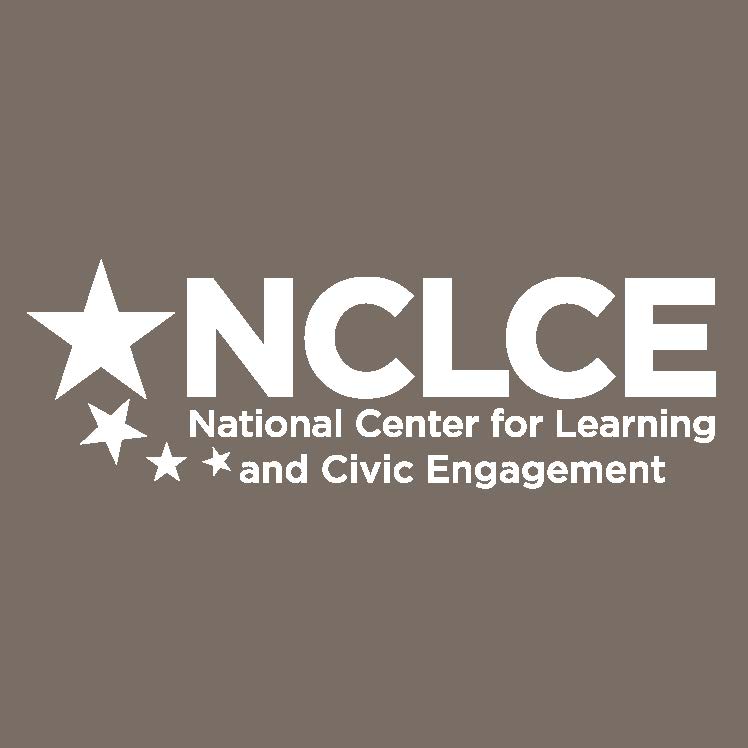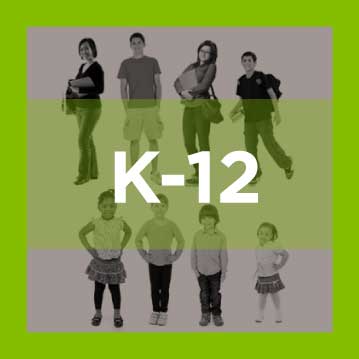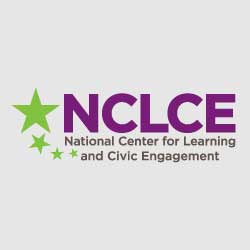Over the last several years, efforts have intensified to reinvigorate the commitment of education to not just prepare students for college and career, but for citizenship and full participation in the democratic life of our communities and nation. Civics is among many subjects that have struggled against the narrowing of the educational curriculum emphasizing English and STEM proficiency. A recent Education Commission of the States publication ESSA’s Well-Rounded Education outlines how the new law strengthens opportunities for states to focus on civic education.
According to the report, the Every Student Succeeds Act (ESSA) references a “well-rounded education,” more than 20 times and the term is included within the majority of Titles in the Act, making it a foundational element of the new federal law. Civics and government, history, geography and economics are among the 17 subjects specified by the ESSA legislation as components of a well-rounded education. The legislation also embraces state and district flexibility, and integrated content. With these shifts, ESSA lays the groundwork for states to enhance civic education that can have a profound impact on the future of democratic engagement and participation.
ESSA’s focus on providing a well-rounded education has an important parallel in state constitutional language and obligations for public education outlined in a recently published 50-State Review from Education Commission of the States. Common themes in state constitutional language include a commitment to “thorough” (Idaho, Indiana, Ohio, Oregon, Maryland, Minnesota, New Jersey, Nevada, Pennsylvania, Washington and West Virginia) and “high quality” (Virginia, Florida and Illinois) education. It has been challenging for civic education proponents to gain traction by appealing to these broad, vague state terms, but the explication of a well-rounded education animates their meaning. Shouldn’t a “thorough” education include preparing youth to play an active role and effect change in their communities? Shouldn’t a “high quality” education include developing in students the knowledge, skills and dispositions for civic engagement?
Other state constitutional language focuses on educational outcomes for students and ensuring students the “advantages and opportunities of education” (Arkansas and Rhode Island). Another example of student outcomes-focused state language comes from Montana, which commits to “develop the full educational potential of each person.” This approach aligns perfectly with ESSA’s well-rounded education approach, highlighted by former Secretary of Education Arne Duncan’s perspective that a well-rounded education helps students “reach their academic and social potential.”
A well-rounded education should produce a well-rounded citizen that understands the historical context and ideas essential to constitutional democracy; can draw connections between democratic concepts and the real-world civic issues of their community; can effectively communicate their perspective and engage in respectful dialogue with those who have different opinions; and that is concerned for the rights and welfare of others. ESSA’s call for states to provide a well-rounded education provides a platform for this vision of a well-rounded citizen as a product of American education.






